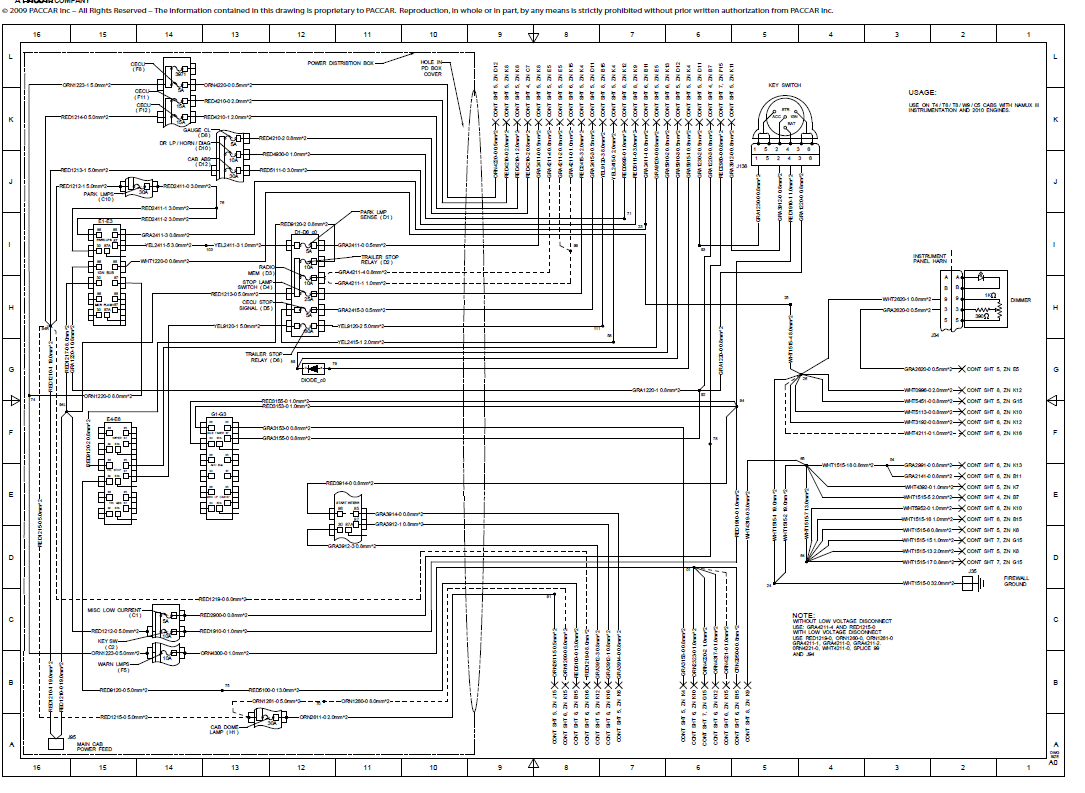Pdf basic electrical house wiring abdulaziz hassan academia edu common household circuits diagrams codes free ebooks manual notes and template engineering books simple diagram examples for android volvo car fault dtc ford ecosport 2020 auto repair softe epc work service opel omega 6lfqb8pjv3j0 a theop power solutions technology on twitter easy to understand home no short circuit earth faulty https t co 7pvhjzymqo hardinge hlv h 397 mycncuk kenworth p94 full heys s by david herres manuals workautomanuals toyota prius 2005 chevy hyundai h1 etm troubleshooting land cruiser engbooks classic fiesta v blueprint reading revised ebook electric community 101 link bit ly 2tuetka facebook 111 hub residential step guide book honda motorcycles 1966 1968 k0 ct90 rrec rolls royce 20hp electricians eep concept of byd f3 g i 2010 pages 1 50 flip fliphtml5 body workbook gesa angelina gh pdfcoffee com b10m new alizee 1997 ebid united kingdom 203428072 hilux the complete man tg 1000 2mvz3f7 using single phase line bondhon technical study material pour téléchargez l fuse wires cable asterisk electronics png pngegg westfield schematic automation kits computer network pngwing online corolla 2009 renault taxi express

Pdf Basic Electrical House Wiring Abdulaziz Hassan Academia Edu

Common Household Circuits Wiring Diagrams Electrical Codes Pdf Free Ebooks Manual Notes And Template Engineering Books

Simple House Wiring Diagram Examples For Android

Volvo Car Pdf Manual Wiring Diagram Fault Codes Dtc

Ford Ecosport 2020 Electrical Wiring Diagram Auto Repair Softe Epc Manual Work Service

Opel Omega Electrical Diagram Pdf 6lfqb8pjv3j0

Electrical Wiring For A House Theop Power Solutions

Electrical Engineering Technology On Twitter Easy To Understand Home Wiring No Short Circuit Earth Faulty Https T Co 7pvhjzymqo

Hardinge Hlv H 397 Wiring Diagram Pdf Mycncuk

Kenworth P94 Full Electrical Wiring Diagram Pdf Heys Manual S

Pdf Electrical Wiring By David Herres Free Books

Work Auto Manuals Fault Codes Dtc Wiring Diagrams Free Workautomanuals

Toyota Prius 2005 Electrical Wiring Diagram Pdf

Chevy Wiring Diagrams

Hyundai H1 Etm Electrical Troubleshooting Wiring Diagram Pdf Heys Manual S

Toyota Land Cruiser Electrical Wiring Diagram Engbooks Pdf

Electrical Wiring Diagrams For Ford Classic Fiesta V Free

Electrical Blueprint Reading Revised Ebook Pdf
Electric Engineering Community 101 Electrical Wiring Diagram Pdf Link Free Https Bit Ly 2tuetka Facebook
Pdf basic electrical house wiring abdulaziz hassan academia edu common household circuits diagrams codes free ebooks manual notes and template engineering books simple diagram examples for android volvo car fault dtc ford ecosport 2020 auto repair softe epc work service opel omega 6lfqb8pjv3j0 a theop power solutions technology on twitter easy to understand home no short circuit earth faulty https t co 7pvhjzymqo hardinge hlv h 397 mycncuk kenworth p94 full heys s by david herres manuals workautomanuals toyota prius 2005 chevy hyundai h1 etm troubleshooting land cruiser engbooks classic fiesta v blueprint reading revised ebook electric community 101 link bit ly 2tuetka facebook 111 hub residential step guide book honda motorcycles 1966 1968 k0 ct90 rrec rolls royce 20hp electricians eep concept of byd f3 g i 2010 pages 1 50 flip fliphtml5 body workbook gesa angelina gh pdfcoffee com b10m new alizee 1997 ebid united kingdom 203428072 hilux the complete man tg 1000 2mvz3f7 using single phase line bondhon technical study material pour téléchargez l fuse wires cable asterisk electronics png pngegg westfield schematic automation kits computer network pngwing online corolla 2009 renault taxi express

